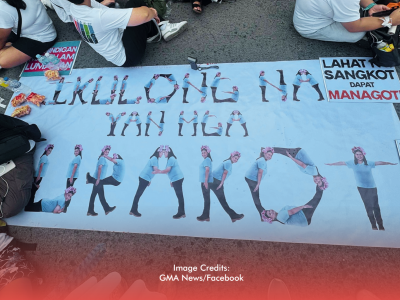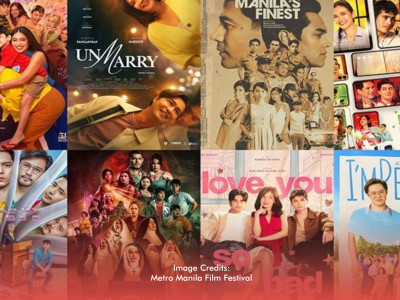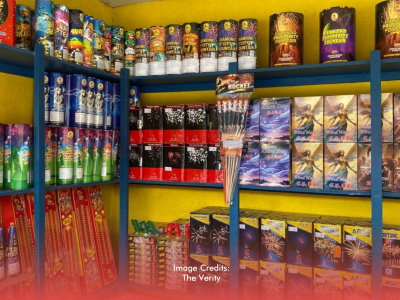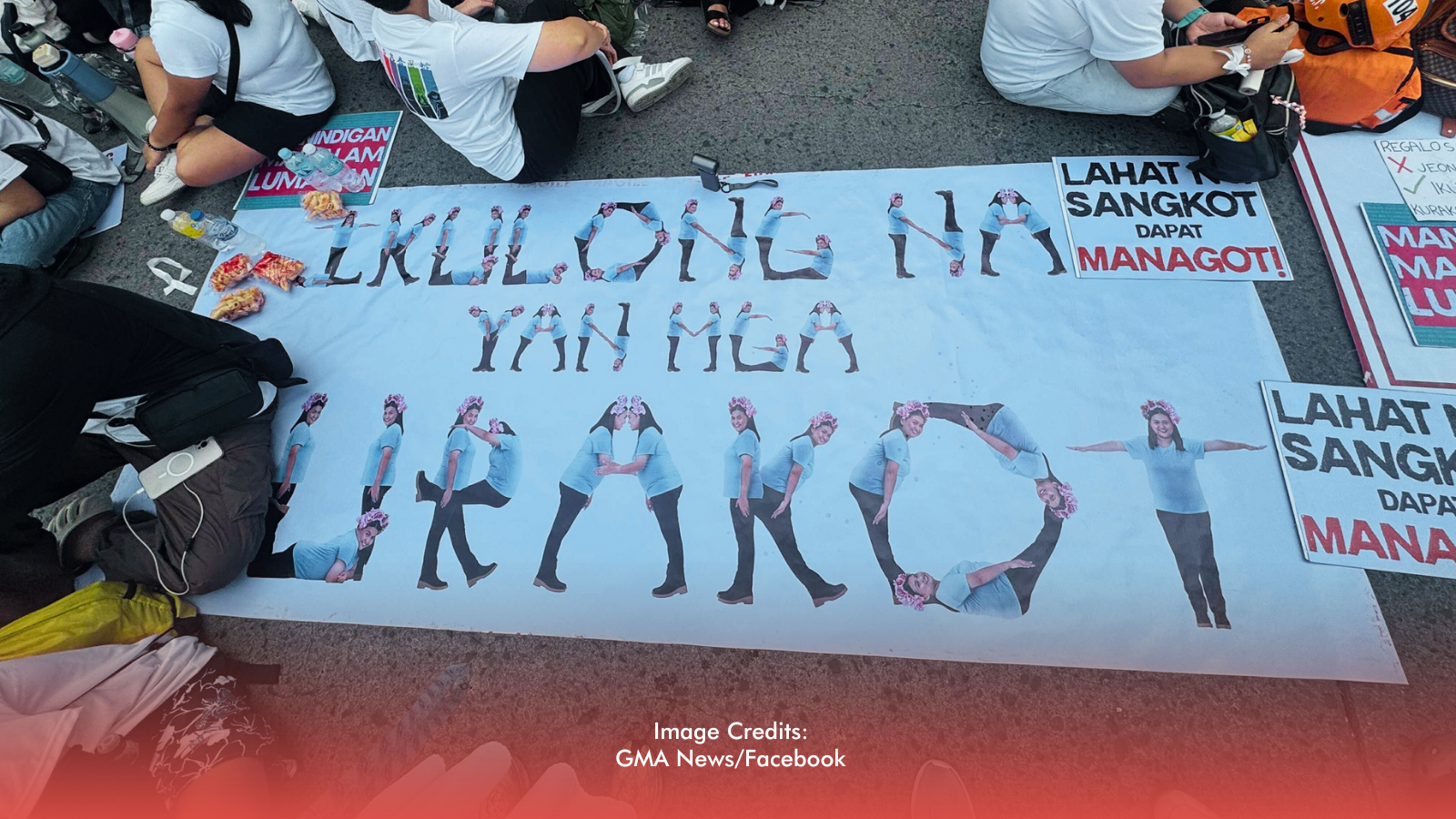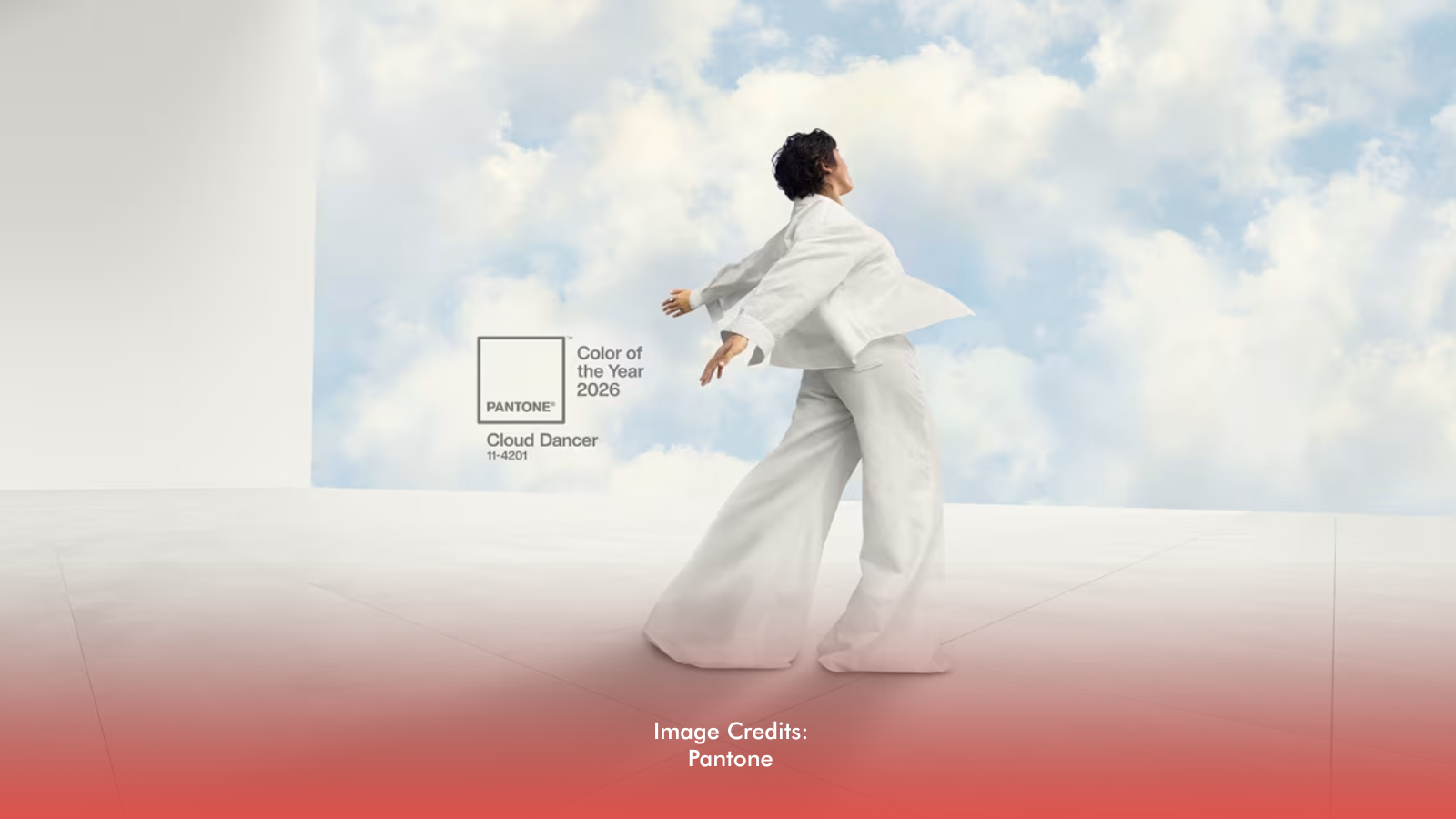It’s the same wishful fantasy every few years: that the youth will save the day, and this election will be different because the next generation is wiser and more progressive. Yet again, in these 2025 elections, we have been reminded that the so-called “youth vote” is neither progressive nor unified—it’s merely a moderately transformed version of the same traditional politics we claim to have outgrown.
The recently concluded elections reaffirmed this. With over 41.4 million registered voters (60.5% of the voting population) aged 18-44, the assumption was that this demographic would tilt the balance toward fresh faces and reformist policies. Disappointingly, as in 2022, when young voters helped usher in a Marcos restoration, what we saw instead was largely continuity.
Most winners came from familiar dynasties, still selling the same old stories. This includes Bam and Kiko, purported champions of the youth, who both outperformed their survey projections. It should be known that both also had decades-old political networks in place, which they activated. And as many write-ups have already mentioned, they were safe bets in a polarized race that just happened to leave gaps for their persistent brands.
Digital natives with diverse backgrounds
Let’s be clear: the youth are not a monolith. The political leanings of university-educated students in Metro Manila, Cebu, Iloilo, or Baguio—those who quote Walden Bello or have read their Chomsky and F. Sionil—are far from representative of the average young Filipino. Most young voters do not read platforms, and do not engage in nuanced debate. Political participation, for the majority, is not shaped by critical theory but by viral content. This is, after all, the social media generation. TikTok trends, meme wars, vlogger rants, and various forms of algorithm-fed propaganda—that’s more their speed.
Even the notion that young people are more “plugged in” is deceptive. Yes, they’re online. But how they consume information is the issue. The algorithm does not reward complexity. It rewards spectacle and shock value. And the political content that thrives in these environments is often shallow, manipulative, or outright false. You cannot expect mass radicalization from apps that reward dance challenges and conspiracy theories in equal measure.
Different sauce, same flavor
There is also the enduring power of celebrity politics. While celebrities, influencers, and athletes generally did not fare well in these elections, their voice and presence certainly grew. And the youth, like the generations before them, are not immune to star power.
Political endorsements from showbiz personalities may or may not sway votes, but they contribute to the flurry of hyperinformation during campaigns. They are often distractions, a retreat back into our comfort zone, offering familiarity instead of a diligent reading of candidates and their platforms. Discussing issues like taxes and divorce should be uncomfortable. Choosing legislators and leaders should be difficult.
This is not to say older voters are not affected by celebrity involvement in their decision-making, but should dampen the impression of a fiery youth oozing with critical thinking.
As for the persistence of tribalism and regionalism, the success of PDP-Laban senatorial candidates (yes, even those who failed to earn seats, they overachieved) paints a clear picture of how Bisaya youth voted. Sure, Luke Espiritu got 6.4 million votes. But more impressive were Jimmy Bondoc’s 10.5 million with little to no machinery.
On the local level, while a handful of political dynasties lost key positions in relevant-enough towns, far more across the nation were re-elected and strengthened their grip on power. Name recall prevailed. Loyalties were inherited. Look for these same families to sustain their popularity in the form of Barangay ligas, Miss Gay pageants, and various forms of ayuda.
Reality check
This isn’t a condemnation of the youth—it’s a reality check for those who keep romanticizing the revolution. Political awakening will not happen overnight. It is earned, in small doses of uncomfortable truths, sharpened through suffering endless forms of injustice, and forged in collective struggle. Every inch of victory will have to be hard-fought. And unless there’s a radical reinvention of how political education is done in this country—in schools, in homes, in digital spaces—the next “youth vote” will look a lot like the last one.


